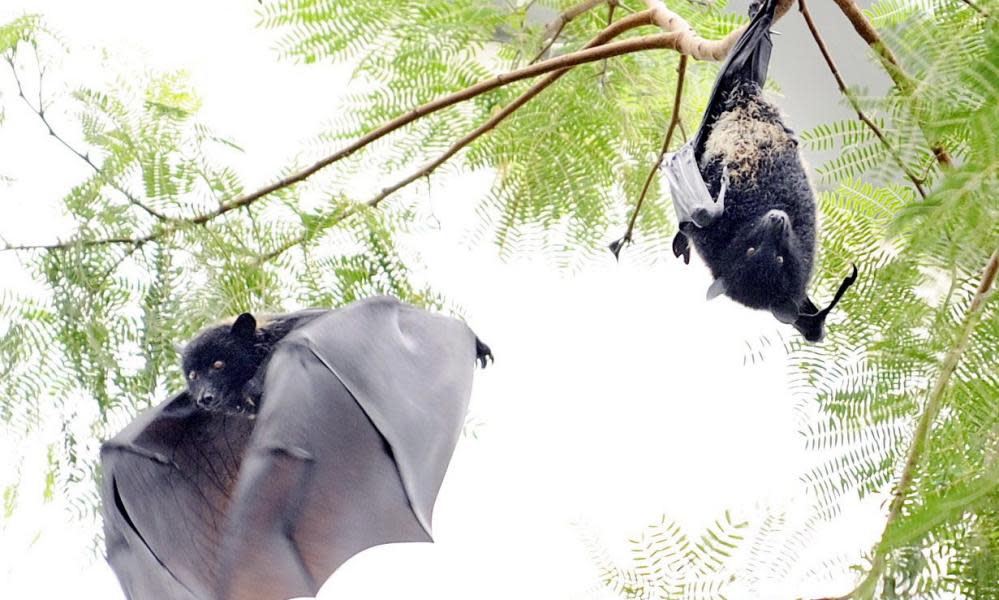‘Zoonotic’: the Covid-19 origins theory that is not that batty

How did Covid-19 begin? Some propose a “lab-leak” hypothesis, according to which Chinese virologists working on ways to make bat coronaviruses more dangerous to humans did all too well at that and then let it escape. Others think it more likely that, like many other diseases, Covid-19 is naturally “zoonotic”. What?
Zoon is the ancient Greek for “animal”, hence “zoologist” and, um, “zoo”. Nosos, meanwhile, is the Greek for “disease”, hence many artful English coinages that have long since, alas, fallen into desuetude, such as “nosography” (17th century), the systematic description of illness (literally “writing about disease”), or “nosotrophous”, disease-causing. A disease that is “zoonotic”, then, is one that has jumped the species barrier from another animal to flourish in humans, such as bird flu and swine flu, but also HIV (from chimpanzees), toxoplasmosis (cats), anthrax (cattle) and rabies (dogs).
The technical medical lexicon, happily, still includes the term “nosology” (from 1721, defined then by lexicographer Nathan Bailey as “a Treatise concerning Diseases”): it now means either the systematic classification of maladies, or the state of knowledge about one particular disease. Thus, the question of whether Covid-19 is zoonotic must await further nosological developments.
• Steven Poole’s A Word for Every Day of the Year is published by Quercus.

 Yahoo Movies
Yahoo Movies 
